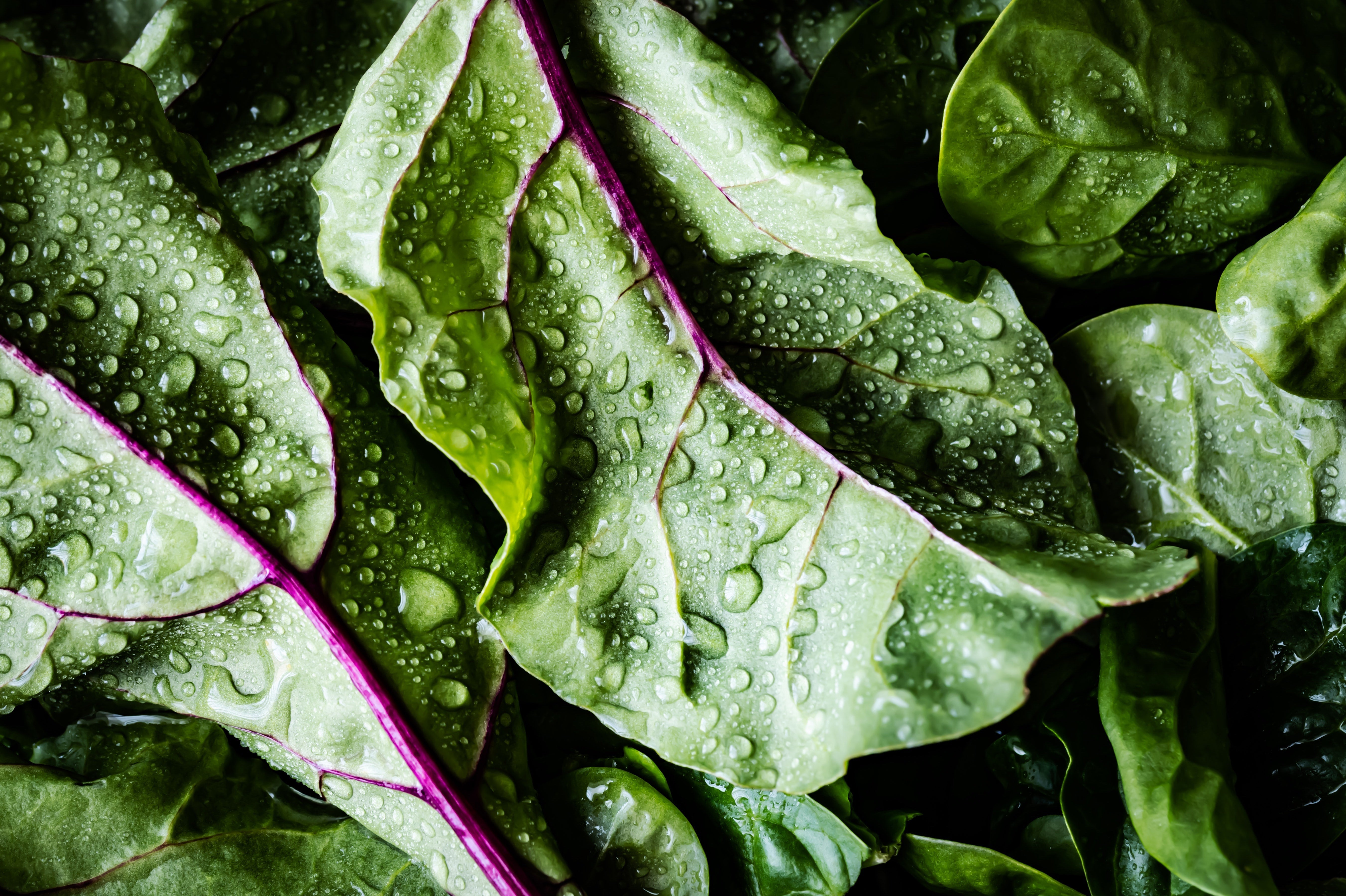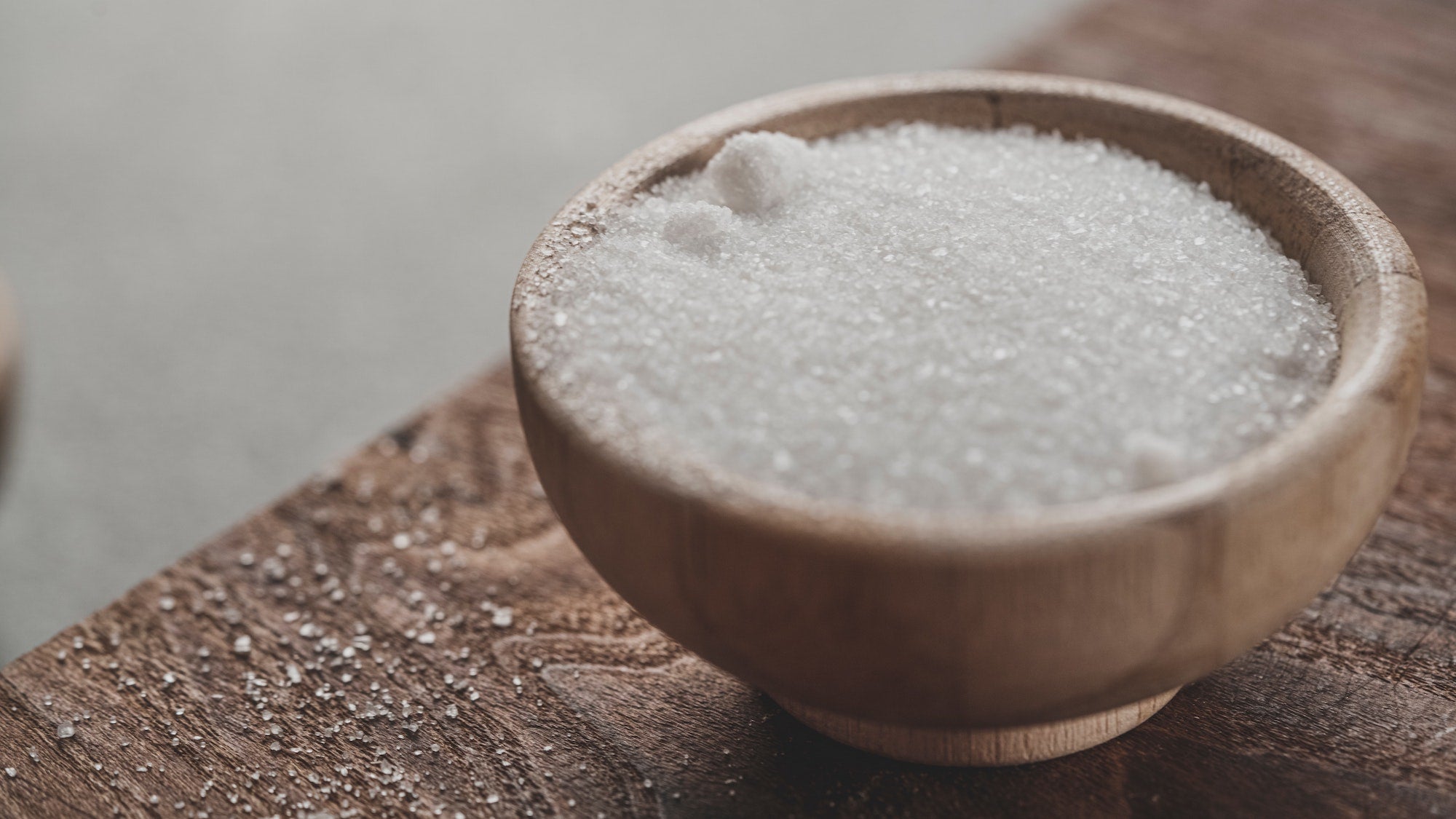When you consider your diet, chances are you’re mainly focused on how the food you consume affects the health of your body and (let’s be honest) your physical appearance.
However, food affects not only your body, but also your brain. For your brain to function properly, it needs specific nutrients, making the foods and supplements you consume vital to brain health.
This article will explore the nutrients your brain requires to carry out its many vital duties and how to obtain them through your diet.
Let’s dive in.
Understanding Your Brain’s Energy Needs
The brain performs countless functions that are essential to your survival. It receives and sends messages throughout your body, enabling you to speak, react, read, make decisions, and perform hundreds of other actions instantly.
It's also responsible for several involuntary processes, including breathing, regulating body temperature, and secreting hormones.
To coordinate these essential functions, the brain requires a steady supply of fuel (about 20% of your daily caloric intake).[*]
The Two Main Sources of Brain Fuel
The brain has two options for fuel: glucose and ketones. In people who eat a diet that's moderate to high in carbohydrates (carbs), the brain’s primary energy source is glucose (sugar), as carbs break down into glucose during digestion.
The best sources of glucose are complex carbohydrates, such as fruits, whole grains, vegetables, and legumes. These take longer to digest, thereby providing a steady energy release. Avoid simple sugars and highly processed junk food like candy, cookies, syrups, and table sugar, as these hit the bloodstream rapidly and spike blood sugar and insulin levels.
In people who follow a low-carb diet, such as keto, the brain relies on ketones for a major portion of its energy needs.[*] Ketones are an alternative fuel the liver produces when there isn’t enough glucose to be used as energy.
Studies show that eating a low-carb diet like keto offers many brain-related benefits, including protection against cognitive decline, enhanced cognitive performance, and symptom improvement for neurodegenerative diseases such as Parkinson’s and Alzheimer’s.[*][*][*][*]
Other Required Nutrients for Brain Function
While glucose (or ketones) is the primary fuel source for the brain, there are other macro- and micronutrients your brain needs to function. Let’s review those now.
#1: Fats
With the brain being about 60% fat, fatty acids (the building blocks of the fat)
are among the most crucial nutrients determining your brain’s health and ability to perform.[*]
Certain fatty acids are considered essential, meaning they can’t be produced by the body and must be attained through dietary sources. These include omega-3 and omega-6 fatty acids.[*]
While necessary and beneficial in small amounts, omega-6s have been shown to be inflammatory in high amounts.[*] And Western populations consume a lot of omega-6s through processed seed and vegetable oils.[*]
Omega-3s, on the other hand, have been shown to be anti-inflammatory and beneficial to your brain in many ways:
- They’re used to build brain and nerve cells.[*]
- They’re essential for learning and memory.[*]
- They may slow age-related cognitive decline and help reduce the risk of developing Alzheimer’s disease.[*][*]
The ideal omega-6 to omega-3 ratio is thought to be 4:1.[*] This means you should aim to consume one gram of omega-3s for every four grams of omega-6s.
Healthy sources of omega-6s include peanut butter, almonds, avocado oil, cashews, and sunflower seeds. And healthy sources of omega-3s include salmon, mackerel, oysters, flax seeds (a key ingredient in IQBARs!), chia seeds, and walnuts.
#2: Proteins
During digestion, the digestive system breaks proteins down into amino acids (aka the building blocks of life).
Amino acids are needed for virtually every biochemical reaction in the body, but in the brain, they’re precursors for neurotransmitters, which are chemical messengers that communicate information between neurons.[*] Neurotransmitters play important roles in learning, memory, mood, sleep, focus, and attention.
Your body doesn’t store amino acids like it does fats or carbs, so it’s essential to consume adequate protein daily. The RDA for protein is 0.36 grams of protein per pound of body weight.[*] A 150-pound person, for example, would require 54 grams of protein per day.
It’s important to note that a person may need more protein depending on factors like age, weight, physical activity level, and dietary plans.
High-quality protein sources include:
- Meat & poultry
- Seafood
- Eggs
- Legumes
- Organic tofu
- High-quality protein powder or protein bars, such as IQBAR
#3: Vitamins
Several vitamins play an important role in keeping your brain healthy. The top vitamins to consider include:
- Vitamin B6: This vitamin is required for amino acids to be synthesized into neurotransmitters.[*] B6 can be found in foods like bananas, oranges, salmon, poultry, and leafy greens.
- Vitamin E: This vitamin functions as an antioxidant in the body. It protects cells from oxidative stress—a type of damage called by unstable molecules in the body called free radicals).[*] Vitamin E can be found in nuts, seeds, leafy vegetables, and certain grains. One IQBAR contains 70-80% of the RDA for vitamin E!
- Vitamin C: This vitamin has been shown to tame brain-damaging inflammation.[*] Get vitamin C from foods like kiwi, red bell pepper, citrus, broccoli, cauliflower, and tomatoes.
#4: Minerals
Small amounts of certain minerals are needed to support brain function—in particular, sodium, potassium, and magnesium, all of which are considered electrolytes. Sodium and potassium are involved in conducting nerve signals and help regulate fluid balance in the brain. Magnesium supports mood and plays a role in relaying signals between your brain and body.[*]
Foods with high mineral content include:
- Nuts
- Legumes
- Celery
- Radish
- Salmon
- Dark leafy greens
- Seeds
- Avocados
You can also get a good dose of sodium, potassium, and magnesium from IQMIX—an electrolyte supplement that contains 500 mg sodium, 380 mg potassium, and 750 mg magnesium L-threonate per packet.
It’s available in four delicious flavors: Blood Orange, Lemon Lime, Peach Mango, and Blueberry Pomegranate—all of which are sugar free (and contain only 1 gram of carbohydrates!). Not sure which flavors to choose? Try our 8-Stick Sampler to find your favorites.
Boost Your Brain Power with Nootropics
An article on brain nutrition wouldn’t be complete without mention of nootropics—a class of natural substances that improve brain performance. Some are considered essential and some non-essential, but they have one thing in common: they offer incredible brain-boosting benefits.
A few notable nootropics to consider are lion’s mane, flavonoids, MCTs, vitamin E, and magnesium, all of which are included in IQBAR. IQBAR is a keto and vegan protein bar that’s jam-packed with nutrients shown to support sustained cognitive energy, performance, and health.
Try our Chocolate Lovers Variety Pack, Fruit Lovers Variety Pack, or 7-Bar Sampler to find your favorite flavors. Or go all-in with a 72-bar Custom Case!
The Bottom Line on Brain Nutrition
To best support your brain health, center your diet around whole foods that include a good balance of fats, proteins, carbs, vitamins, and minerals.
Avoid processed food and added sugar—these are not your brain’s friends! And for an extra brain boost, add nootropics like lion’s mane and MCTs to your routine. Your brain (and body) will thank you!

